Bugs In ChatGPT: Exploit Them For Up to US$20,000 Rewards
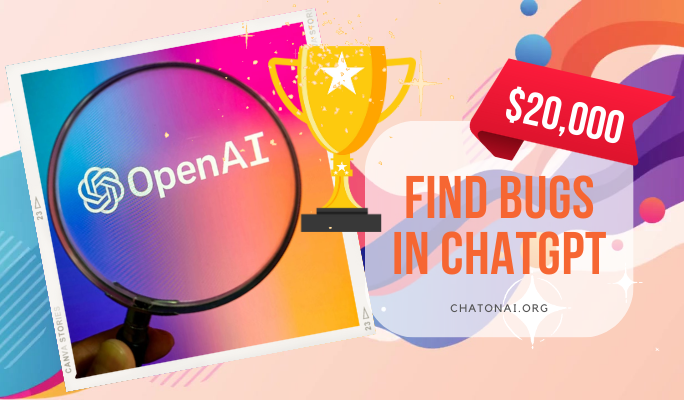
Bugs In ChatGPT
Artificial intelligence is developing, and the name gaining the industry's attention these days is ChatGPT. But did you know that sometimes this language model may have bugs? Bugs are like little mistakes or problems in the system that can cause issues with security and privacy.
OpenAI, the chatbot's owner, understands how crucial it is to fix bugs in ChatGPT. That's why they have a special program that rewards users who find and report bugs in ChatGPT. In this article, we'll explore everything about the OpenAI Bug Bounty program and discuss the worries surrounding ChatGPT.
OpenAI's Announcement
On April 11, 2023, OpenAI amazed users with the latest news about finding bugs in ChatGPT. They've started a program called Bug Bounty Program that gives rewards to people who report bugs in ChatGPT and other OpenAI services. This program is open to anyone who loves technology, like researchers, hackers, and technology safer:
"We are inviting the global community of security researchers, ethical hackers, and technology enthusiasts to help us identify and address vulnerabilities in our systems."
In their announcement, OpenAI stated that even advanced technology like ChatGPT has some weaknesses. Therefore, they joined forces with Bugcrowd, a bug bounty platform, to make it easier for people to report bugs and get rewards. The amount of cash you can earn will depend on how serious the bug is.
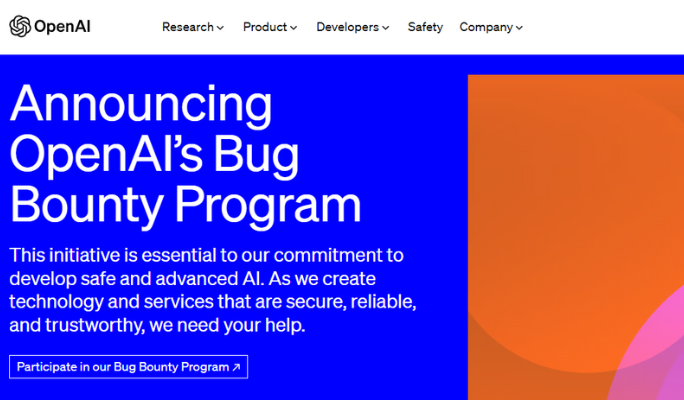
Bugs In ChatGPT Program
If you find a minor issue, OpenAI will give you $200 as a reward. But if you discover something truly significant, you could earn up to $20,000! OpenAI wants to encourage people from all over the world to help them find and fix any vulnerabilities in their systems.
OpenAI explained that the program aims to promote "transparency and collaboration." The company launched this program as it desires to be open and interact with users.
They also know that no matter how hard they try, they can't predict every way people might use their technology in the real world. So, they want help from others to find and fix any problems that might come up.
“We invite you to report vulnerabilities, bugs, or security flaws you discover in our systems. By sharing your findings, you will play a crucial role in making our technology safer for everyone,” OpenAI said.
This is an exciting opportunity for all the tech lovers out there who like to make a positive impact. By finding bugs, you'll be aiding in making ChatGPT and other services even better and safer. It's a win-win situation for everyone involved.
OpenAI Bug Bounty Program Guidelines
OpenAI launched the Bug Bounty program in partnered with Bugcrowd to manage it. The program includes their research project ChatGPT, as well as logins, plug-ins, payment issues, and cases where user information might be exposed. However, it's vital to understand that not all bugs are eligible for rewards.
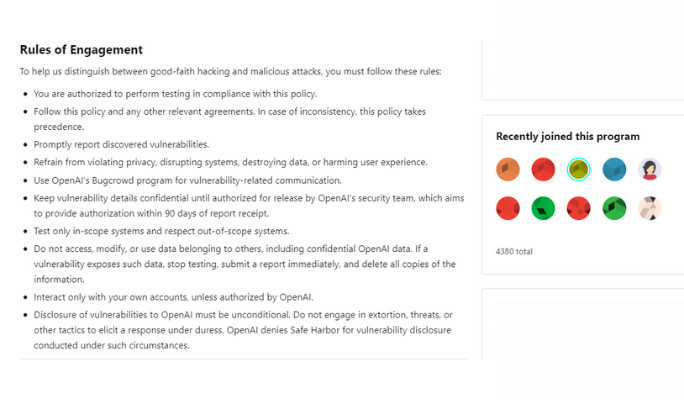
Bugs In ChatGPT Program Rules
Before you get too excited, there are some rules you need to follow. OpenAI has provided guidelines on what won't be rewarded. For example, you won't get a prize for trying to make the AI say bad things to you or for doing things that make you see things that aren't real (like hallucinations).
Moreover, If you find any of these glitches, you must keep them secret until OpenAI says it's okay to tell others. They also don't want you to try any attacks that could harm their services or the user experience, such as trying to overload the system or trick people into giving away their personal information.
So, while it's great that OpenAI is offering rewards for finding bugs, you must play by the rules and follow the guidelines they have set.
ChatGPT's Discovered Bug
A little while ago, OpenAI discovered a bug in ChatGPT that caused some issues and had to temporarily stop ChatGPT. This bug made it possible for some people to see the chat history titles of other users. It's like accidentally seeing the names of the conversations someone else had.
OpenAI also said that some personal information of a small number of ChatGPT Plus subscribers might have been exposed, including their payment details. The bug didn't show full credit card numbers, but it did show some names, email addresses, payment addresses, the last four digits of credit card numbers, and expiration dates.
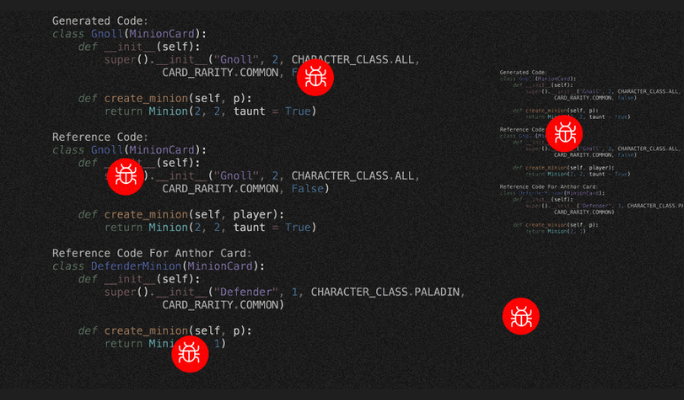
Bugs In ChatGPT Discovered
Because of this bug, OpenAI received a lot of attention about how it protects user data, especially for young people. In fact, ChatGPT got banned in Italy due to concerns about this issue.
After this incident, some influential people, like Steve "Woz" Wozniak and Elon Musk, spoke up. To rest assured users, OpenAI made a public statement about how much they care about safety and that they fixed the bug already. They are committed to making sure their AI systems are safe and secure for everyone to use.
OpenAI CEO Sam Altman claimed in a tweet on Wednesday that a big problem with ChatGPT was caused by a "bug in an open-source library." The company then announced "bug was discovered in the Redis client open-source library", which they use to cache user data in its server.
It's not clear how many people were affected, but OpenAI has contacted those who might have had their payment information exposed. However, that's a good reminder for all of us to be careful when using new AI tools like ChatGPT, especially since they are still being tested and improved.
ChatGPT has become absolutely popular since its release last year. The language model now has over 100 million users who employ it for various things. But this bug is an alarm that sometimes mistakes happen. We must be cautious when using these new technologies.
Worries Around ChatGPT
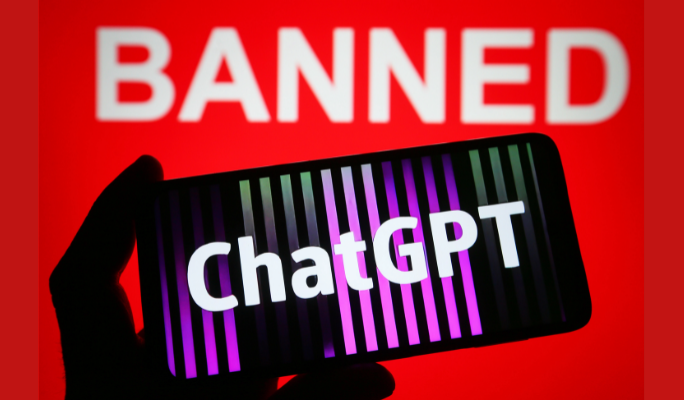
Bugs In ChatGPT Worries
The exposed bug is not the end. ChatGPT has raised worries and concerns among experts and industry leaders since its launch. Here are some of the concerns:
- Data privacy: ChatGPT uses data from the internet, which could include personal details without people's permission. That is also the reason why the EU AI regulations are coming. If you are a ChatGPT user and facing the same concern, try Offline ChatGPT to have better certainty.
- Fake news and incorrect information: ChatGPT can write texts that look real, but they might be used to spread false or misleading information. There were also cases where ChatGPT gave incorrect info about people, which made people question its reliability and accuracy.
- Bias and mistakes: Since the AI chatbot learns from data, it might reflect the biases and errors present in that data. It could lead to harmful or incorrect responses. Critics argue that ChatGPT may provide biased or inappropriate answers to certain groups or topics.
- Job security: ChatGPT has the ability to do many tasks that people usually do, like writing, teaching, coding, or supporting customers. As a result, some people worry that ChatGPT might take away their jobs or make them less important.
These worries show that we need to be careful when using ChatGPT and other AI systems. We should think about privacy, fairness, and how they affect our lives. It's vital for developers to consider these things and make sure AI is used in a responsible and helpful way.
Elon Musk (CEO of Twitter) and Steve Wozniak (co-founder of Apple) stated that developers should take a break from creating more AI systems. Let's wait until they fully understand and address the potential risks involved.
Despite these concerns, ChatGPT is still an impressive and potent tool to gather knowledge or improve your content. Just remember to independently verify the information it gives you to ensure accuracy.
The Bottom Line
The Bug Bounty program showed that OpenAI takes the security of ChatGPT seriously and understands that bugs can happen. With awards up to $20000 and the rising concerns, we encourage you to join.
Finding bugs in ChatGPT and fixing them help everyone enjoy a better experience with this powerful tool. Let's make the internet a safer place. By finding and reporting security issues, you protect users and organizations from potential harm. If you're good at finding bugs, be part of making ChatGPT better!
